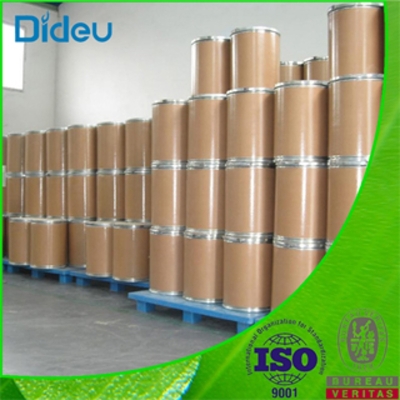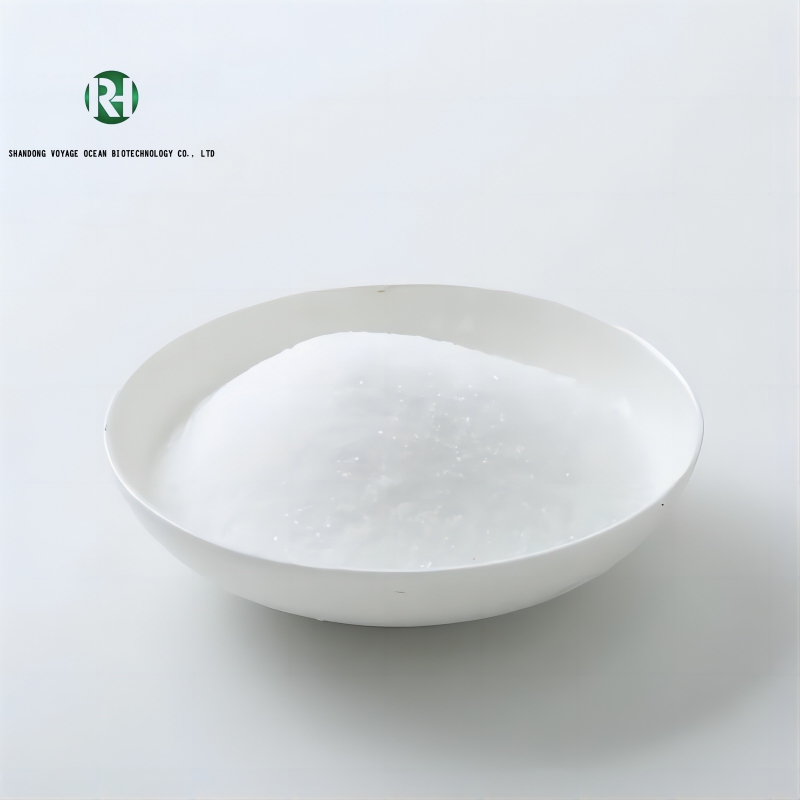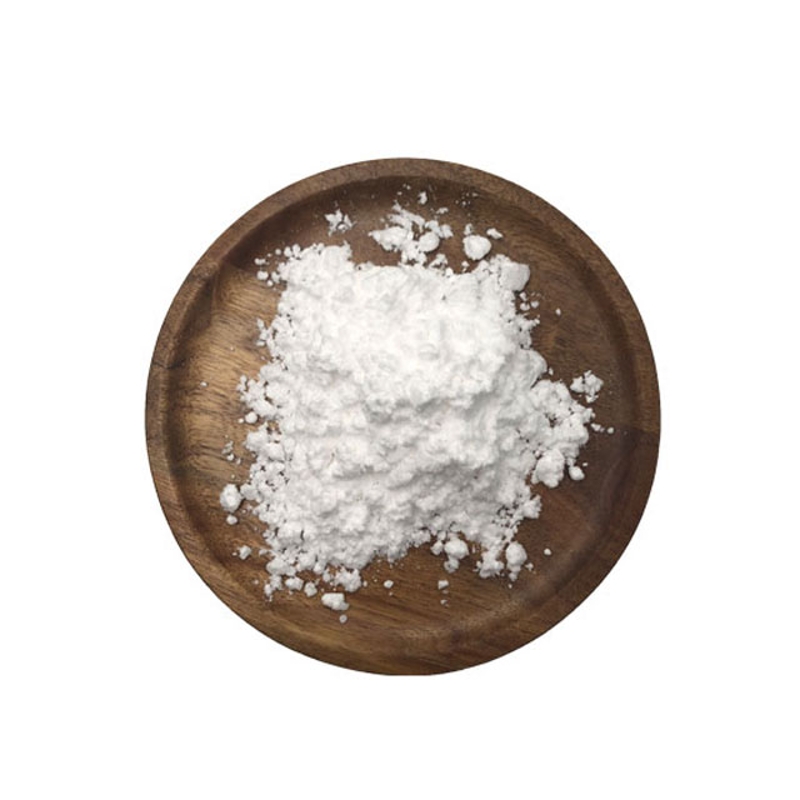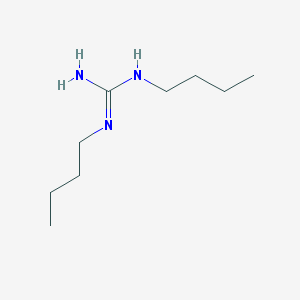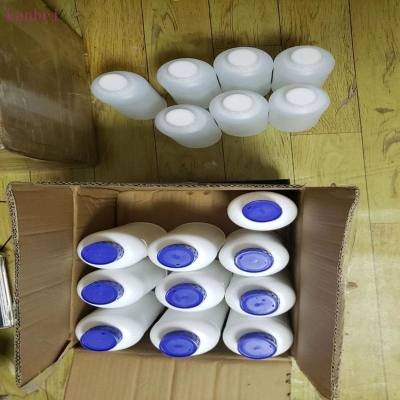Chemical Reagents
- • Deuterated Reagents (124)
- • Organic Reagents (9948)
- • Silane Reagent (852)
- • Chiral Chemicals (23)
- • Grignard Reagent (5)
- • Desulfurizer (20)
Related News
-
What Reagent Is Used To Test For Starch
2022-03-03 -
Meditex Bangladesh2019
2018-11-09 -
International Exhibition for Laboratory Equipment and Chemical Reagents
2017-06-20
Sort Organic Reagents Alphabetically
Organic Reagents
Glycidyl methacrylate
(106-91-2)-
Industrial Grade / 99%
-
Chemical Grade / 99%
$1/KG FOB
-
-
- / 99.5%
Request for quotation , get quotes from more suppliers.
Guanidine hydrochloride
(50-01-1)-
Industrial Grade / 99%
$30-33/KG FOB
-
Industrial Grade / 99%
-
-
- / 0.00%
Request for quotation , get quotes from more suppliers.
-
![ethyl glycinate buy ethyl glycinate]()
Industrial Grade / 99%
$0.2/KG EXW
-
![ethyl glycinate buy ethyl glycinate]()
-
![ethyl glycinate buy ethyl glycinate]()
-
![ethyl glycinate buy ethyl glycinate]()
Industrial Grade / 99%
Request for quotation , get quotes from more suppliers.
Glycidoxypropyltrimethoxysilane
(2530-83-8)-
Inustrial Grade / 95%
-
-
- / 0.00%
-
- / 99.00%
Request for quotation , get quotes from more suppliers.
Guanidine thiocyanate
(593-84-0)-
-
Industrial Grade or Medical grade / 99%
-
Industrial Grade / 99%
$30-33/KG FOB
-
Industrial Grade / 99%
$5-6/KG FOB
Request for quotation , get quotes from more suppliers.
Source Organic Reagents Products Supply
Glutaric anhydride
(108-55-4)-
Industrial Grade / 99%
-
- / 99.00%
-
Different Grade / 99.9%
$0.1/KG EXW
-
- / 99.5%
Request for quotation , get quotes from more suppliers.
-
Reagent Grade / 99%
$12-14/KG FOB
-
![Guanidine carbonate buy Guanidine carbonate]()
-
![guanidine carbonate buy guanidine carbonate]()
-
![GUANIDINE CARBONATE buy GUANIDINE CARBONATE]()
-
Industrial Grade / 99%
-
Pharmacy Grade / 99%
-
- / 99%
-
Pharmacy Grade / 99%
Request for quotation , get quotes from more suppliers.
Guanidine hydrochloride-hexamethylenediamine copolymer
(57028-96-3)-
Pharmacy Grade / 99%
-
Cosmetics Grade / 25%
-
- / 99%
-
- / 99.00%
Request for quotation , get quotes from more suppliers.
Glutarimide
(1121-89-7)-
- / 99.00%
-
Industrial Grade / 99%
-
![Glutarimide buy Glutarimide]()
Industrial Grade / 99.0%
-
![Glutarimide buy Glutarimide]()
Request for quotation , get quotes from more suppliers.
Source Organic Reagents Raw Materials by Region
More Information
Organic reagents, which are essential in many branches of chemistry, are the main actors in organic transformations and synthesis. These organic chemistry reagents are very important in building large molecules and are involved in reactions that include oxidation, reduction, substitution and polymerisation. Some of the most commonly used organic reagents include acids, bases and solvents all of which play different roles in chemical reactions. In many industries for instance the pharmaceutical industry, agriculture and materials science, these reagents have played a major role in developing new products and technologies.
Applications of organic reagents include:
● Pharmaceutical drug synthesis
● Agrochemical production
● Polymer manufacturing
● Dye and pigment creation
● Catalysts in industrial applications
● Fine chemical development














